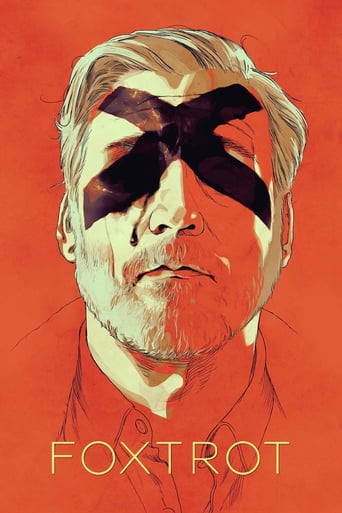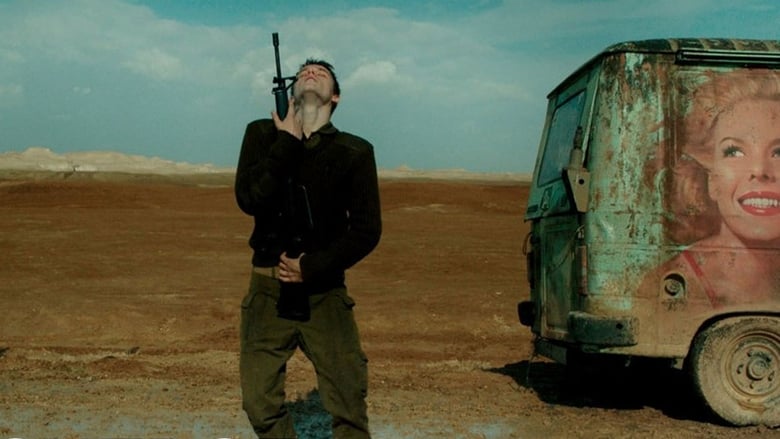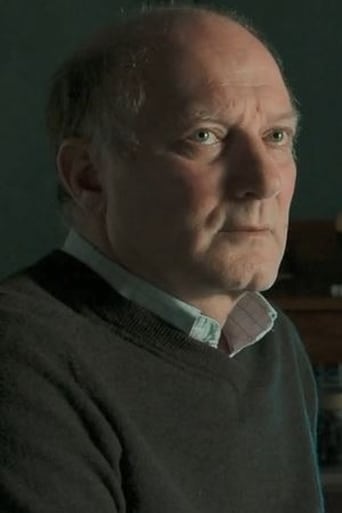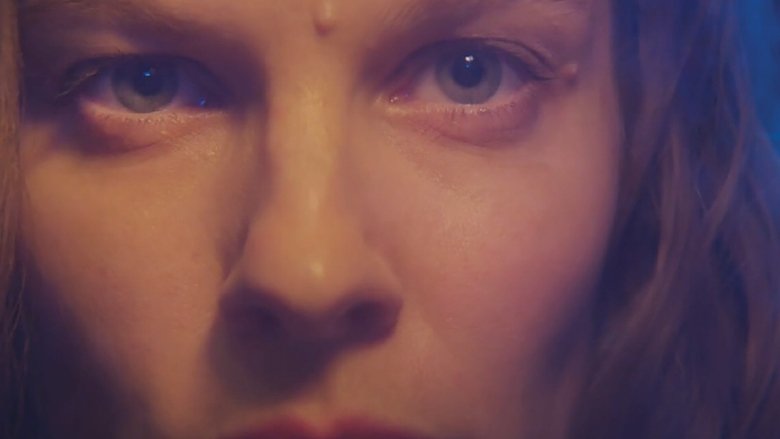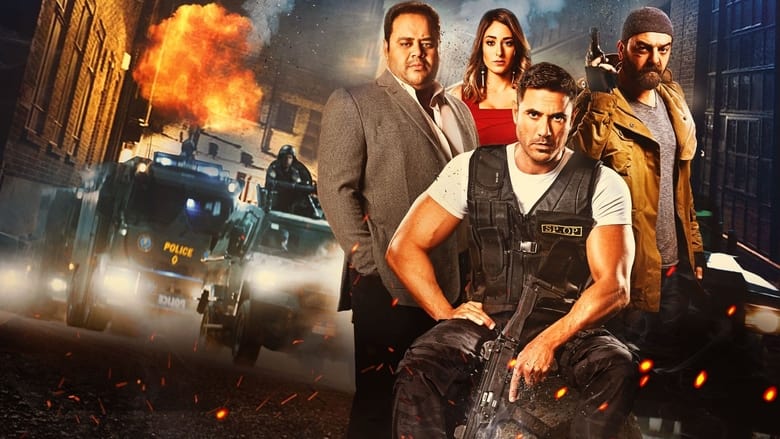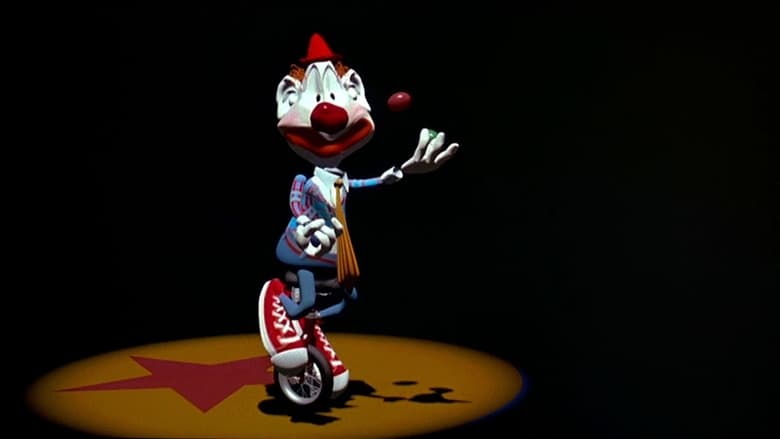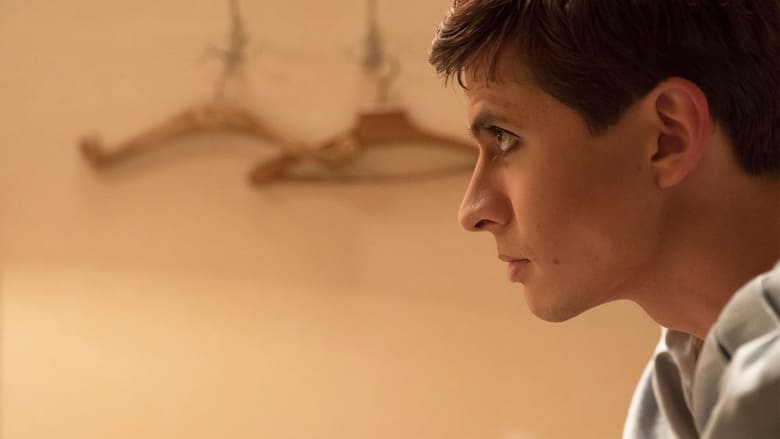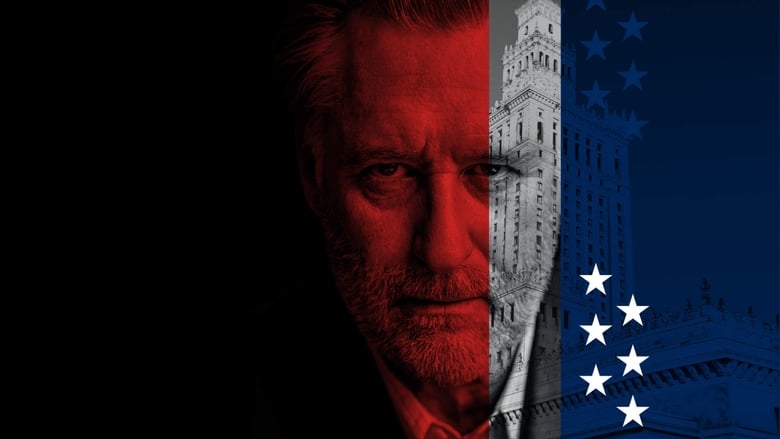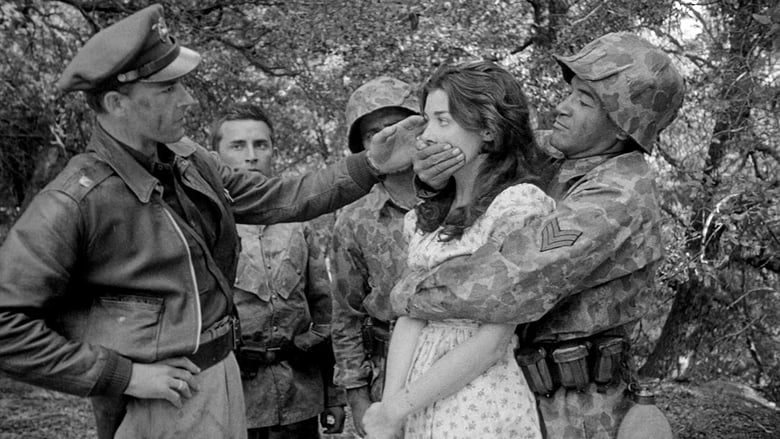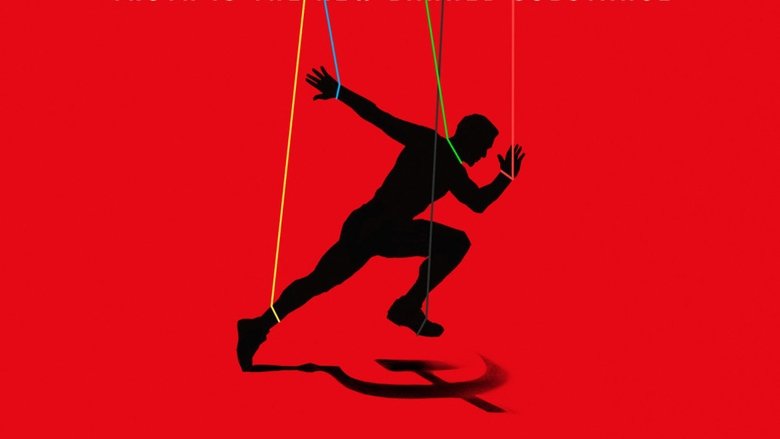A troubled family must face facts when tragedy strikes their son's desolate military post.


Similar titles


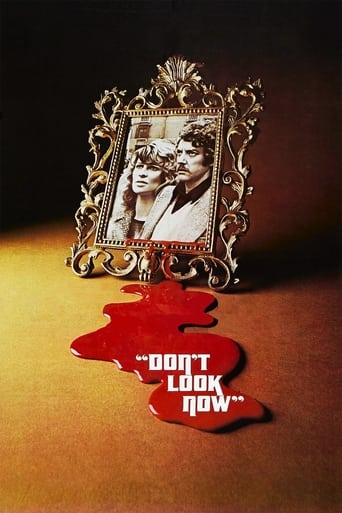
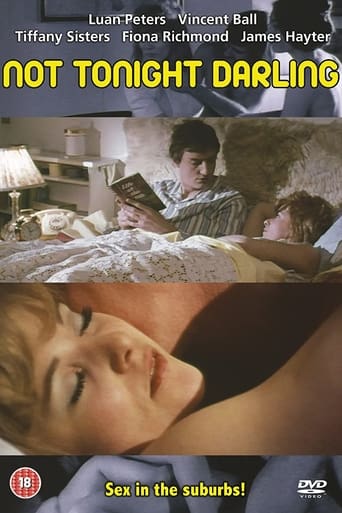
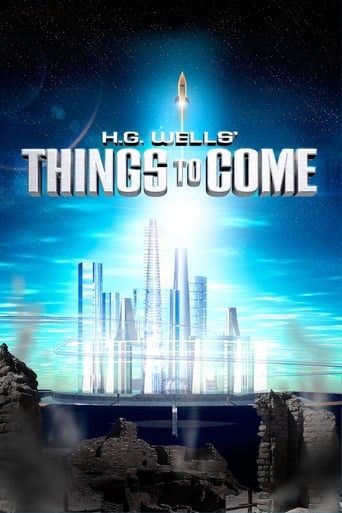
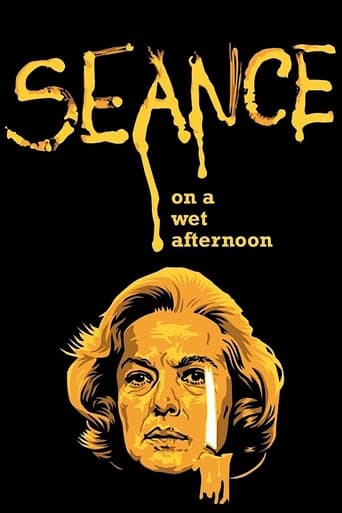
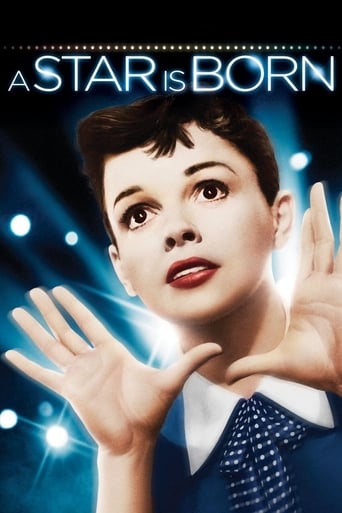
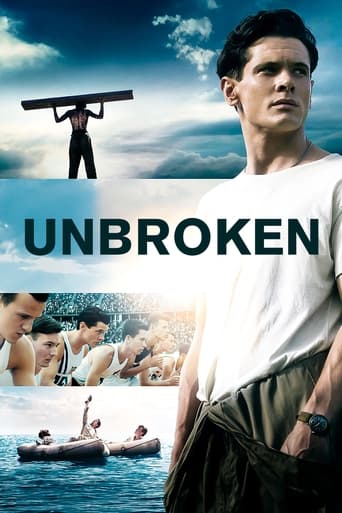
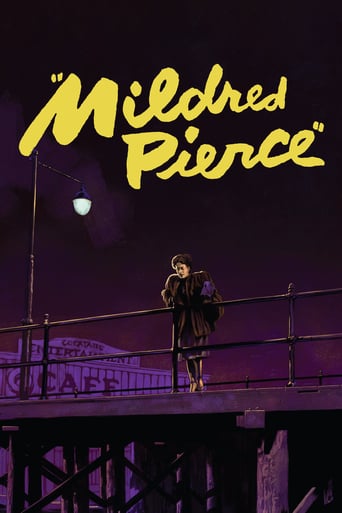
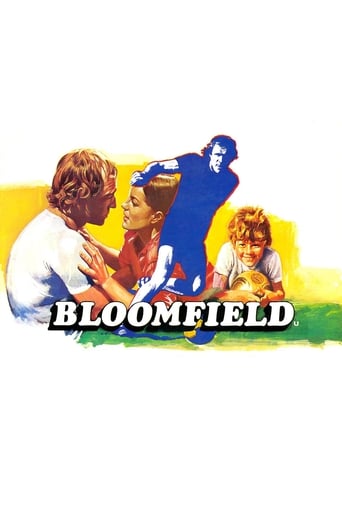
Reviews
The foxtrot - a happy, spirited dance - is here a metaphor for quite the contrary: the hopeless ritual in which Israelis and Palestinians find themselves locked. They take a step forward, a step sideways, then it's back to their starting point. Instead of progress there's stasis - a malevolent antagonism and paralysis. With the macro dance not working, you seek comfort in the micro. You dance with your own, smoothing out differences and alienation so you can carry on. That's what Michael and his Dafna do at the end, overcoming their separation. The soldier's solitary dance with his rifle is the alternative to a couple or communal dance - solitary, masturbatory, an unconstructive indulgence. In the national context, citizens adapt to each others' errors and transgressions. They remain united against their common mortal enemy. That's why the army here covers up the accidental murder of the carload of young Palestinians. The film examines the moral cost of surviving in Israel's situation, besieged by a genocidal enemy. A mistaken identity can ruin a whole family of lives. The Feldmans fall into profound grief - till they learn the dead soldier is a stranger with their son's name. We don't see the other Feldman family's pain, but we can guess it. Indeed, the army rabbi's visit here suggests how common these deaths are in Israel, how ritualized their procedure has become. An hourly phone call reminds the bereaved to drink a glass of water. This is the normalization of loss -and it carries a psychological and moral cost. At the first death report Michael is buried in grief, frozen. In his sensitivity every sound registers loud: his body hitting a bed, the dog hammering the door to get in. In his repressed rage Michael kicks his pet, in impulsive anger that that life survived his son. But the dog remains faithful, tentative in his returns but always coming back to him. Like the Israeli citizens persisting under attack, he bears his pain and carries on. But like the other Israelis, the dog is silently bleeding within. Jonathan's actual death - on the trip home Michael insisted upon - splinters the parents' marriage. By now Michael has experienced enough grief to start handling it. He recovers his comfort, joy and marriage - by smoking weed with Dafna. That's the secular alternative to religious consolation. In contrast, Michael's mother has slipped from her nervous breakdown into dementia. Her speaking German instead of Hebrew shows her rooted in her past. She claims to register Jonathan's death -- but then confuses Michael with his brother Avigdor. The film shows a secular Israel. These Feldmans are non-observant. The story of trading the family heirloom Bible for a porn magazine handily conveys at least these Israelis abandoning religious tradition for the modern realities of life. As they face annihilation, pragmatism holds sway. In that existential danger even something commonplace can have soul-wrenching consequences. Hence the three traffic accidents. In the first Michael remains traumatized with unnecessary guilt for having sent another vehicle ahead of his own on the highway - to a mortal mine. That's the guilt hidden beneath the film's innocent opening shot. Only after he finally shares this secret with Dafna can they reconnect. He also feels responsible for his mother's breakdown. Son Jonathan machine guns a car when he mistakes a dropped pop-can for a grenade. If he escapes man's justice, he's killed in an absurd traffic accident en route home. His death, by the way, is absurd enough to be read as divine justice. When Jonathan draws a cartoon of the bulldozer hoisting the car (i.e., his guilt) to bury it, he's recording what his superiors have allowed him to keep secret. Dafna keeps the drawing, unaware of its implication. As Jonathan cartoons his father's Last Bedtime Story, a coming of age ritual, it's important that he include this personal admission of responsibility. There are plenty of justifications for not turning the accident into an international attack on the state fending off annihilation. The use of background artworks shows the care in this film's realization. Dafna's fainting reveals the drawing behind her, a large layering of black squares jumbling into the distance. The emblem of order and stability - the square - here expresses a vertiginous confusion. A high angle shot then spins above Michael against a floor of geometric squares, similarly dizzying and unstable. When Dafna moves the painting into another room it hangs tilted, askew, compounding the instability of even the stable. Michael's den has another black and white abstract painting - a fuzzified horizon line that evokes an ECG. Finally, Jonathan's secularity and sexual awakening are imaged in the washed out pinup girl face on the soldiers' metal barracks. Of course, that emblematic shed is sinking into the mire, endangering its young future. The Israeli government hates this film because that impulsive murder scene might be taken to imply that such IDF errors are frequent not freakish. Or worse, deliberate. But the tensions from Israelis living under constant threat of attack, especially for a handful of young soldiers alone at a remote security point, makes Jonathan's impulse understandable. Writer/director Samuel Moaz makes his focus the Israeli response to the Palestinian threat so he doesn't retell its history. The Palestinian citizenry here are themselves victims of the Palestinian assault against Israel - via Israels' defensive measures. Moaz's subject is the situation's challenge to the Israelis' moral compass. He's examining the Israeli's frozen foxtrot, not the Palestinians'. But the lesson holds for both partners not yet dancing together. This film is an insightful, moving revelation. Its dramatic shifts in tone, with surprises and shock at every turn, make this an emotional roller-coaster. But in framing out the Palestinian attack, in taking that context as understood not restated, the film may be read as suggesting that the Israeli moral compass causes the regional problem. Under existential threat what alternative does Israel have to hard security measures? Where are the Palestinian films that question the genocidal campaign that has for a century prevented their peaceful coexistence? After all, it takes two even to foxtrot. Finally, credit to Moaz's implicit revision of Chekov: A camel planted in Act 2 must go off in Act 5.
In my opinion this movie is really an art masterpiece. The cinematography and the mise-and-scène are both stunning and contribute perfectly to the development of the story and the message behind it. The images shown are absolutely beautiful and the acting is subtle, but convincing. This movie is funny, yet moving and it really makes you think. There are some surprising turns but it's great how all the elements in it seem to make sense once the film is over.
I saw this film at the 2017 Telluride Film Festival. This film is about the war machine of a country that has been continuously at war. The way families of those killed were treated with machine like efficiency was quite shocking. There are light moments in the film about boredom of serving in the military and how terrible mistakes are made and covered up. This Israeli film is about its continuous conflict, but it could have easily been an American film. Jim Bershon
Director Samuel Maoz' feature follow-up to his terrific 2009 war picture LEBANON is a strange, but ultimately moving, tale. Whereas LEBANON took place entirely within a tank on the battlefield, Maoz here takes an entirely different approach. The story begins with a soldier's family being informed of terrible news about their son Jonathan (Yonaton Shiray). The parents, Michael (Lior Ashkenazi) and Daphna (Sarah Adler) react with appropriate shock and even catatonia in Daphna's case. We are then brought to the war zone and see what actually occurred with Jonathan and his troops. The third act returns us to the parents home. I am fighting harder than usual to avoid spoilers here. Not just for the obvious reasons, but, because FOXTROT is movie built upon the viewer's reactions to the three acts - and, how they work with and against one another. Again, in contrast to the self-contained structure of LEBANON, here Moaz shifts FOXTROT into several directions - intense grief, dark satire, tense drama, an unexpected jump cut in time and even a short X-rated animated sequence. It's a heady experiment. It may not all work smoothly (almost by its very nature, it cannot), but, together it's a strong work. It all culminates in a long sequence that is, in turn, haunting, touching, humorous and all together devastating. Michael the father observes that the Foxtrot is a dance where no matter where you begin, you end up in the same spot. But, as a movie, FOXTROT is much more than standing still - it moves you deeply.
